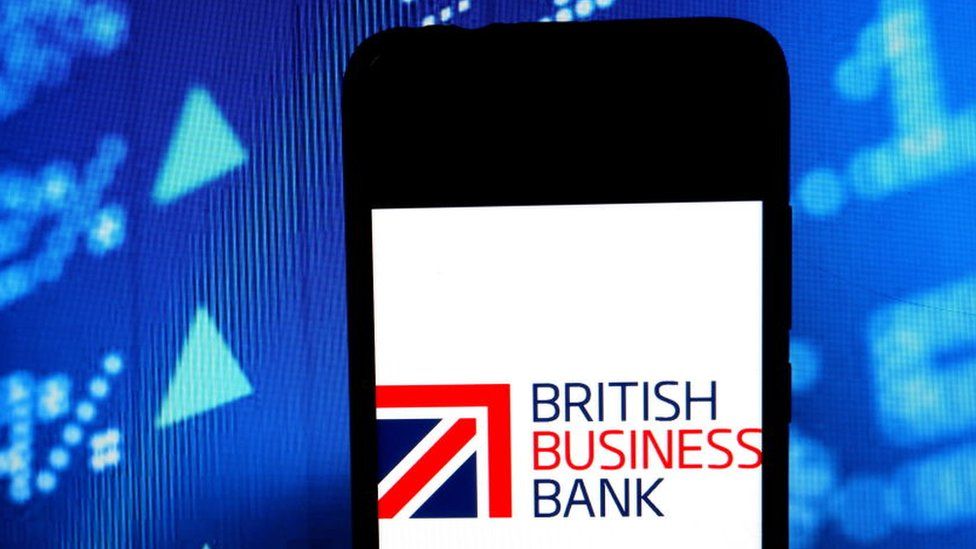-

-
-
Loading

Loading

The British Business Bank (BBB), a state-owned economic development lender, has reported an annual pre-tax loss of over £147m. The bank attributes this loss to wider economic problems that have led to a drop in the valuation of businesses it has invested in. Despite the challenging economic climate, the BBB managed to make funding agreements worth £1.6bn throughout the year. Established in 2014, the BBB's purpose is to provide funding and purchase stakes in smaller UK businesses to support their growth. The bank's investments decreased in value by £146m, or 5%, in the 12 months leading up to March. Technology firms worldwide have seen a decline in valuation as investors grow wary amidst rising borrowing costs and weak economic growth. BBB's chief executive, Louis Taylor, remains optimistic about the overall upward trajectory of investments in the long term. The bank has provided funding of £12.4bn to over 90,000 businesses, surpassing its £10.7bn target. However, this figure does not include the Coronavirus loans that the bank has administered. The BBB is responsible for managing the government's Covid-19 loan schemes and its Future Fund, which have collectively offered over £80bn in finance to nearly 1.7 million businesses. The schemes are now no longer accepting new applications. The Future Fund drew attention for investing taxpayer money in unconventional businesses such as Bolton Wanderers Football Club and sex party organiser Killing Kittens. The bank's Start Up Loans programme recently reached a milestone of £1bn in lending, with over half of the funding going to small businesses owned by women and ethnic minorities. The programme aims to support underrepresented groups and regions outside of London and southeast England that often face exclusion from mainstream lenders. The majority of the funding comes from lenders that are not part of the UK's "big five" banks.